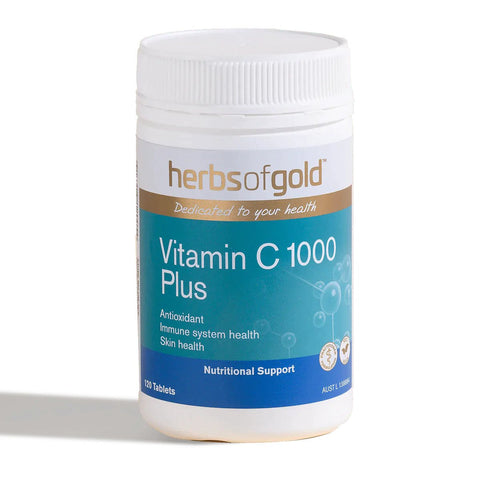There are a lot of important vitamins that our bodies need, but vitamin C is one of the most important immune booster supplements. This vitamin helps us stay healthy by keeping our immune system functioning properly and helping us fight off infections. It also helps us heal wounds and repair damaged tissue. Without vitamin C, our bodies would not be able to perform these important functions.

What Is Vitamin C, And What Are Its Benefits?
Vitamin C is a water-soluble vitamin that is naturally present in some foods, added to others, and available as a dietary supplement. Vitamin C is also known as ascorbic acid. It is an essential nutrient that helps the body form and maintains connective tissue, skin, bones, and teeth. Vitamin C also helps the body heal wounds and bruises, and it supports the immune system.
Why Is Vitamin C Important?
Why is vitamin C important? Vitamin C is important for many reasons. It helps the body form collagen, which is important for skin, tendons, cartilage, and blood vessels. Vitamin C is also important for the immune system. It helps the body fight infection and heals wounds.
How Can You Get Enough Vitamin C?
One way to make sure you're getting enough vitamin C is to eat plenty of fruits and vegetables. Some good sources of vitamin C include oranges, grapefruits, kiwis, strawberries, tomatoes, and broccoli. You can also take vitamin c immunity booster tablets if you're not getting enough from your diet.
Vitamin C For A Great Skin
Usually, vitamin C is the first product applied after cleansing in the morning, giving you all-day protection. It works well with a small amount of product. After cleansing, dab a few drops onto your fingers or apply it directly to your face while gently yet firmly pressing it into the skin. Apply vitamin C first, then the rest of your skincare products, and always conclude with your go-to sunscreen (with an SPF of 30 or more.)
When using vitamin C on your skin for the first time, you might want to start out slowly. Itching, redness, or dryness may be experienced by some people with sensitive skin. If you experience these symptoms, begin using it sparingly at first and gradually increase your usage.
Because vitamin C can benefit the skin more when applied topically than when consumed, it has become a popular element in skin care products. When applied topically, vitamin C can more efficiently reach the upper layers of the skin and begin to do its magic.
What Are Some Of The Side Effects Of Vitamin C?
Some side effects of vitamin C include diarrhea, nausea, and vomiting. In some cases, people may experience a rash, joint pain, or headache. It is important to note that vitamin C can interact with some medications, so it is important to speak with a healthcare professional before taking any supplements.
The Takeaway
So if you're not already getting enough vitamin C in your diet, be sure to start adding more of it. The health benefits are definitely worth it!
